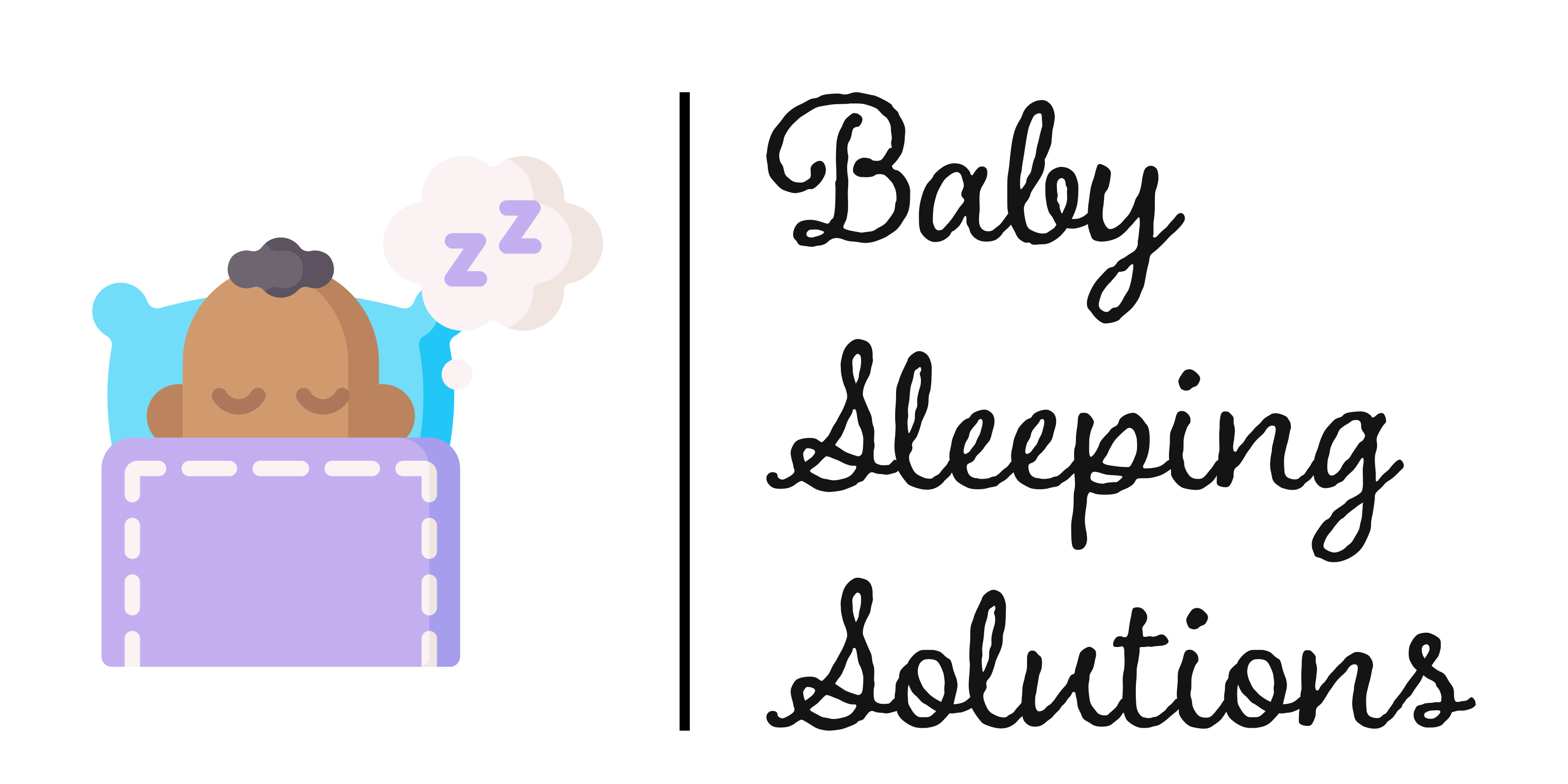Sleep is a cornerstone of a child’s healthy development, playing a crucial role in physical, cognitive, and emotional well-being. As a parent, understanding the science behind toddler sleep can empower you to make informed decisions about your child’s rest. In this article, we’ll delve into the intricacies of toddler sleep, shedding light on how much sleep they truly need for optimal growth and overall health.
***Learn The SECRET To Solving Baby Sleep Problems***
The Foundation of Toddler Sleep Patterns
Understanding a toddler’s sleep needs begins with recognizing their evolving sleep patterns. Unlike newborns who sleep in short, sporadic intervals, toddlers tend to follow a more structured sleep schedule.
Age-Appropriate Sleep Requirements
- 1 to 2 Years Old: Toddlers within this age range generally need around 11 to 14 hours of sleep per day, which includes both nighttime sleep and daytime naps.
- 2 to 3 Years Old: As toddlers approach the age of three, their sleep requirements may slightly decrease to about 10 to 13 hours per day.
- ***Learn The SECRET To Solving Baby Sleep Problems***
The Vital Role of Naps
Daytime naps remain an integral component of a toddler’s overall sleep routine. They provide opportunities for crucial rest and rejuvenation, aiding in memory consolidation, emotional regulation, and cognitive development.
Age-Appropriate Nap Guidelines
- 1 to 2 Years Old: Toddlers in this age group typically benefit from 2 to 3 hours of daytime naps, spread across 1 to 2 nap sessions.
- 2 to 3 Years Old: As toddlers progress into their third year, they may gradually transition to a single nap of 1.5 to 2 hours in length.
The Impact of Quality Sleep on Development
Adequate sleep is a linchpin in supporting a toddler’s physical, cognitive, and emotional growth. It contributes to:
- Physical Development: Sleep is essential for the release of growth hormones, aiding in the development of bones, muscles, and tissues.
- Cognitive Function: Quality sleep fosters memory consolidation, problem-solving abilities, and language acquisition.
- Emotional Regulation: Proper rest plays a pivotal role in regulating mood, reducing irritability, and supporting overall emotional well-being.
Signs of Healthy Sleep Patterns
Recognizing the signs of healthy sleep patterns in your toddler is crucial for ensuring they are getting the rest they need. Look for:
- Consistent bedtime routines.
- Age-appropriate nap durations and frequency.
- Waking up refreshed and alert.
- Minimal disruptions during the night.
Expert Recommendations and Flexibility
While the guidelines provided are based on general recommendations, it’s important to remember that every child is unique. Some toddlers may require slightly more or less sleep than others. As a parent, staying attuned to your child’s individual sleep cues and patterns is key to ensuring they receive the rest they need.
In conclusion, understanding the science of toddler sleep empowers you to make informed decisions about your child’s rest. By recognizing age-appropriate sleep requirements, prioritizing naps, and being attuned to signs of healthy sleep patterns, you can provide the foundation for your toddler’s optimal growth and development. Remember, your attentiveness and nurturing approach to sleep will contribute to a well-rested, thriving toddler.
